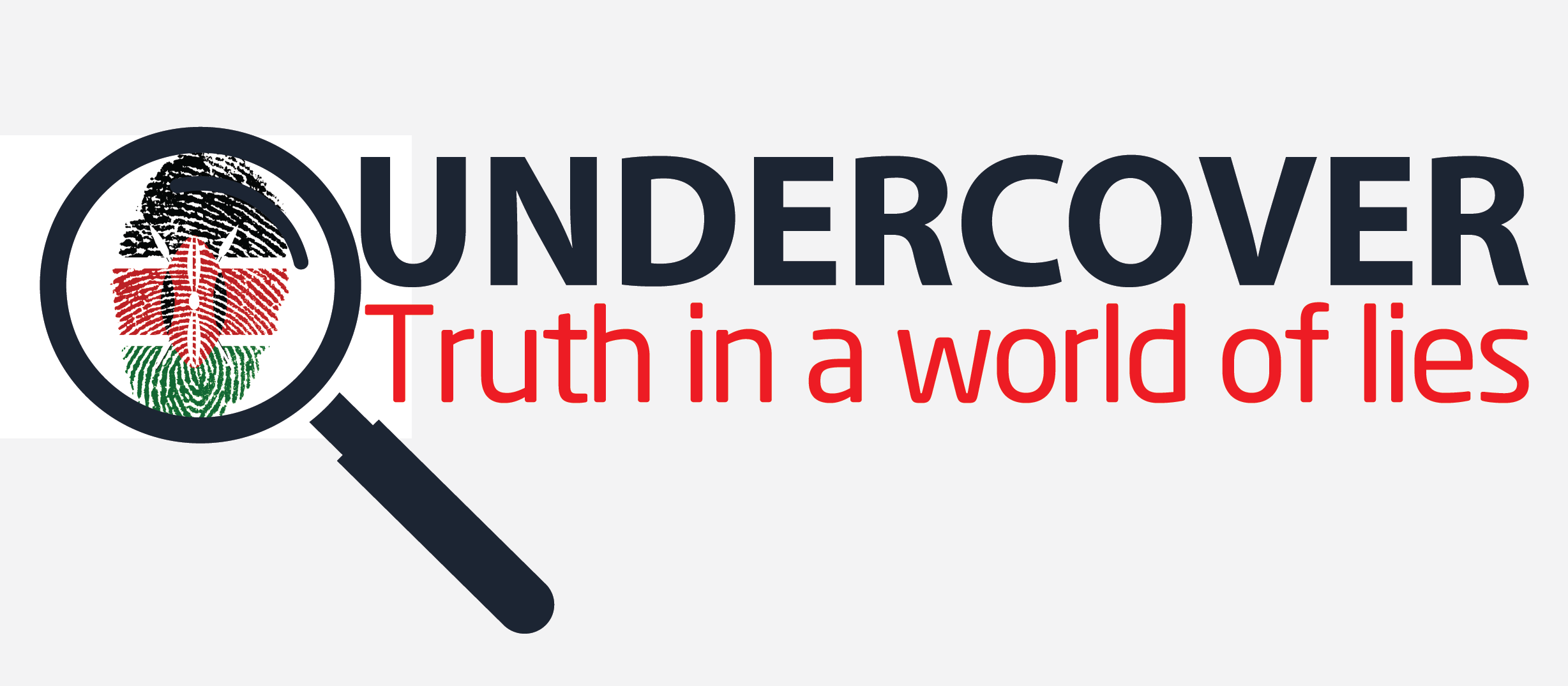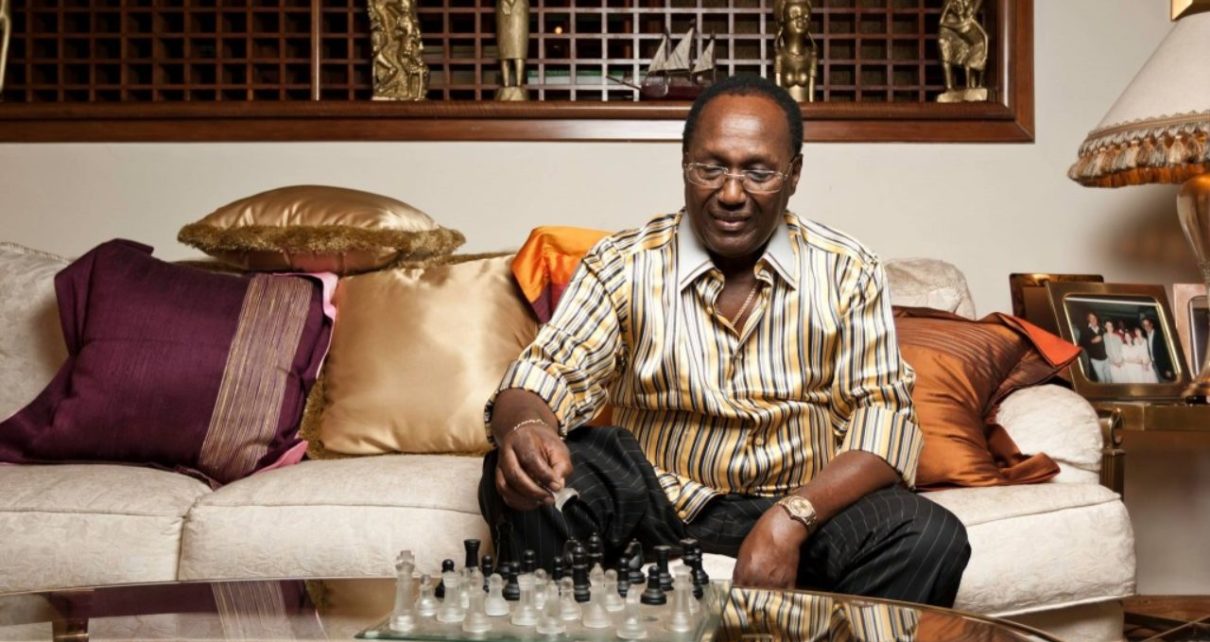You are not in business if you are not doing business with government
By GW Ngari
Editor-at-Large
This is the fourth and second last part in the continuing series on how money was made, is made and will be made in Kenya and elsewhere. They say you are not in business if you are not doing business with government. That in Kenya involves winning tenders from the county or national government. For successful tender-preneurs, the rewards can be eye-watering. But when tenders payments are delayed or not paid at all, business can go on its knees. Money has also been made from sales and marketing in the case of Chris Kirubi and his forays in insurance premiums, discoveries like finding Paradise Lost is in your own farm in Kiambu County and inventions like George Njoroge inventing how people can recover lost data….
13. Government: The home of tender-preneurs and political brokers
There are tenders and the kickbacks besides outright theft by servant
The government is the biggest spender in any country and some of the wealthiest Kenyans made money when in government and from government when they left: Former First Lady Mama Ngina Kenyatta did not go beyond basic education, has never been formally employed but alongside sons Uhuru and Muhoho Kenyatta own a combined Sh8 billion stake in Commercial Bank of Africa. She also allocated herself and family prime beach properties which became the nexus of the Heritage Hotels and Resorts.
Kenyatta allocated JM a colonial farm and house worth Sh3.3 million as reward for ‘fighting for uhuru’
Before becoming MP for Nyandarua North and Assistant Minister, JM Kariuki was the Private Secretary to founding President Mzee Jomo Kenyatta. British historian Martin Meredith informs us in his 2011 effort, Africa: A History Since Independence, that in 1965 Jomo Kenyatta allocated JM a colonial farm and house worth Sh3.3 million as reward for ‘fighting for uhuru.’
Meredith covered JM’s assassination in 1975 for the Sunday Times and adds that he acquired significant shares in Kenya Breweries (whose beer he distributed), Block Hotels, Caltex, CMC Motors, Lonrho East Africa, BAT and Standard Chartered besides exporting game trophies, interests in hospitality, aviation, real estate, ranching, large scale farming and a mining concern with his brother in-law, Harun Muturi of the Mamba Village fame.
Mega scandals of shadowy tenders awarded to briefcase companies
How second President the late Daniel arap Moi creamed the state was revealed in the 2004 report from Kroll & Associates, but which only exposed by whistle-blower website Wiki-Leaks in 2007. The 106 page report revealed that through Moi, sidekick Joshua Kulei held serious investments including a palatial home in upmarket London and other properties in Surrey.
Kulei was later to appear in court over how National Milling Corporation, which operated flour mills nationally, exchanged hands in 1994 for Sh150 million when it was valued at Sh550 million and by 1995 the Sh150 million had not been received by the government. New owners included Kulei and his acolytes. Head of its privatization, Lawi Kiplagat, refused to explain the tendering process. The Auditor-General asked for the sale to be cancelled.
This never stopped when President Mwai Kibaki and President Uhuru Kenyatta took over as third and fourth in command respectively. Each of their tenures was hit by mega scandals of shadowy tenders awarded to briefcase companies but in which billions feathered the pockets of a few whose wealthy can only be wasted by truly useless progeny over several generations.
14. Sales & Marketing was how Kirubi made early millions
The psychological theory of salesmanship demands one thing: faith!
Chris Kirubi set up shop at a small office in Kencom House and equipped it with telephone lines and a fax machine, but three weeks of endless office tea and little else, his worried secretary who left with him “because I believe in you” wondered: “Boss, but what business are we in?”
Kirubi also had no idea but a break came while having coffee with some loaded friends selling insurance, rolling in dough, had free time for golf and holidays.
They reckoned Kirubi, knew so many people, and would be a wonderful agent selling insurance. Shortly, they introduced him to their American managers at International House.
Kirubi had faith, was in the right place at the right time. It was at the height of Coffee Boom in 1970s Kenya
Robert Heller in The Age of the Common Millionaire, forms us that the psychological theory of salesmanship demands one thing: faith! “the suspension of insecurity, the elimination of disbelief in oneself, its replacement by belief in the company and the product.”
Kirubi had faith, was in the right place at the right time. It was at the height of Coffee Boom in 1970s Kenya where coffee farmers became overnight millionaires who went to DT Dobie and drove out in twin-exhaust Mercedes. Others bought houses in Karen, Runda, Lavington, more coffee farms, buildings, companies…and which all needed life and general insurance!
I was so scared I would be shot in the streets I brought a partner
“Within one year, I was the best insurance salesman,” he recalled in #AskKirubi. “Within two years, I was made a board member and after three years, the company was closing and the Americans sold the insurance business which was renamed Cannon Assurance.”
15. Discoveries: Finding is keeping
American prospectors, geologist John Saul and business partner Elliot Millerhad discovered rubies in Tsavo National Park in 1973. It was the world’s largest ruby mine. In January 1974, they registered their find and permitted to export rubies through Taita International Ltd.
To get political protection, Saul roped in then Vice President Daniel arap Moi and then Tourism and Wildlife Minister Jaxon Shako and Natural Resources Minister William Odongo Omamo as partners who were allocated 51 per cent of profits from the rubies. Years later, Omamo’s granddaughter Fiona Achola married Uhuru Kenyatta’s son while her aunt, Raychelle Omamo is the Cabinet Secretary for Foreign Affairs.
Years later, Omamo’s granddaughter Fiona Achola married Uhuru Kenyatta’s son
Things changed when the powers that be realized the full value of the ruby find, $5 million or Sh500 million today. Shortly, the Kenyatta family demanded a piece of the action. After all, Saul had discovered three finds he named Ng’ang’a, Penny Lane and Saul Mines. Ng’ang’a was the real deal.
“Acting for Mama Ngina and Kenyatta’s niece Beth Mugo, George Criticos, Kenyatta’s Greek-Kenyan partner who had minted his dough selling guns and scrap metal in Egypt, approached the Americans to demand their share,” writes Charles Hornsby in Kenya: A History since Independence.
Mama Ngina returned one of the mines, though the other remained in family hands
“A day later, on 18 June 1974, Saul was deported. The same day, the mining claims register was mysteriously lost. The first entry in the new register was the discovery of ruby mines by George Criticos.” Criticos laid claim to Ng’ang’a Mine as the president castigated some “foreign geologist out to swindle Kenyans.” The American Embassy through protests of Ambassador Anthony Marshall were followed by hostile press coverage in the US and the UK.
In fact, copies of Time magazine carrying the story were impounded at the airport and destroyed. It was only after America threatened to cut foreign aid that the Kenyans backed down.
“The Criticos license was revoked in December, and Mama Ngina returned one of the mines, though the other remained in family hands. Compensation was only paid to the Americans when Kenya needed US military assistance in 1976,” notes Hornsby.
16. Inventions: George Njoroge’s Sh300 million campus project
The inventor has to preserve his birthright by refusing to be sold down, up, or across the river
George Njoroge lost his final year project when he was an IT student at JKUAT after his laptop crashed in 2006. He could not recover the project on online voting system in Kenya and which he had slaved on for eight months. Starting all over again meant not beating the deadline. Not even Microsoft partner companies in Kenya could recover his data. He was dropped from the graduation list.
He went online and realized data recovery was possible and began working on the idea. He eventually landed a job as IT Director at Aitec Africa. Four months into the job, Njoroge approached Aitec’s chairman, Sean Moroney, with the data recovery business idea, requesting it to be incubated at the company. That’s how East African Data Handlers (EADH) was born.
He recalled: “We agreed that he would cut my pay into half and then I would set up a company incubated by Aitec. I had a leeway of hiring staff and using their facilities to run the company.”
The most touching client was a bereaved man I helped recover all his wife’s pictures
East African Data Handlers, where he is the CEO, is one of the continent’s foremost data recovery and storage, besides other services Cloud Protection and IT security and digital forensic companies. Clients include UN bodies, the government, commercial banks and telecommunications companies, among others in other countries. The most touching client though, was “a bereaved man I helped recover all his wife’s pictures spanning her life time. He had saved them on a laptop which had been stolen and on a hard disk which had crashed.”
In Part V and the last next Sunday: Kimani Rugendo struck gold in manufacturing, Ayisi Makatiani in new products, Gatheca Muhoho with nepotism and Mbugua Mwangi with pure luck…

